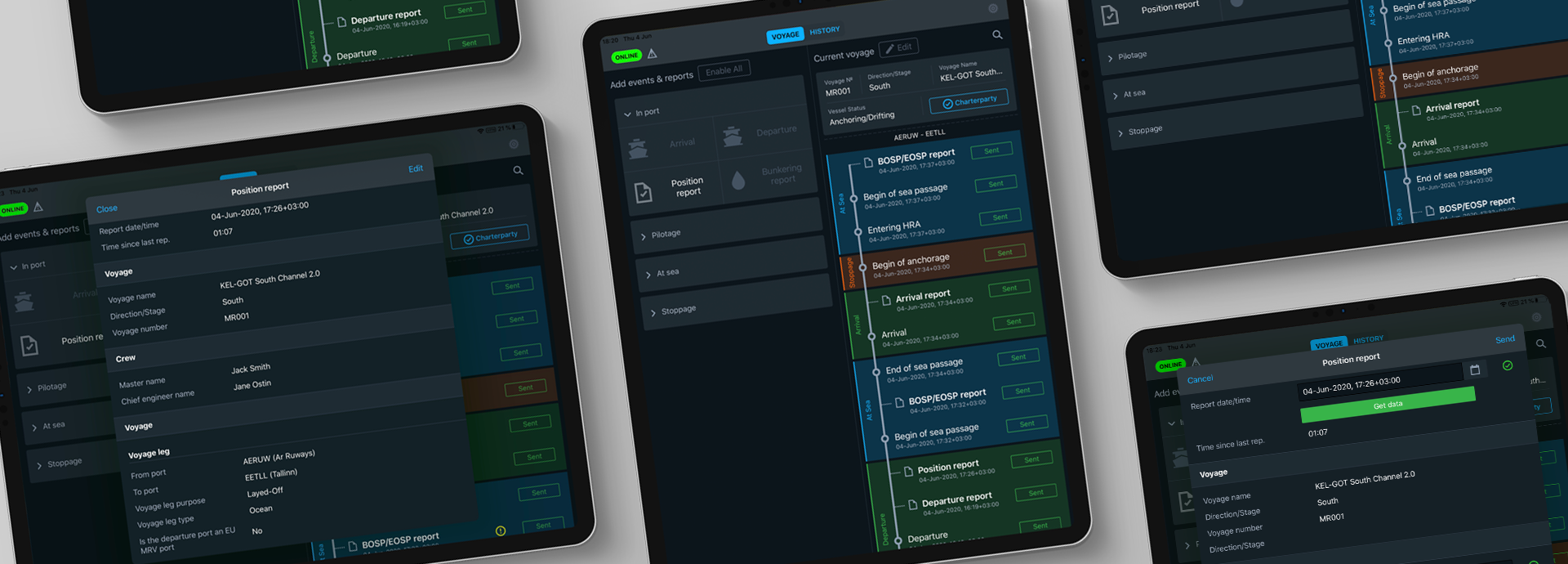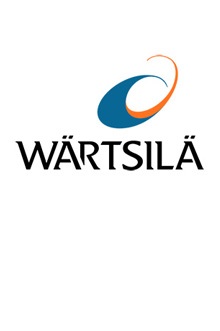

With tightening environmental regulation, sustainability is gaining a stronger foothold in the maritime industry. For the operator, this means streamlining reporting processes. Concurrently, the reduction of manual data input becomes ever more desirable,
to ensure compliance with key environmental standards without additional effort.
From 1 January 2020, the global limit for sulphur content of ships’ fuel oil was reduced from 3.50% to 0.50%. For vessels operating in Sulphur Emission Control Areas (SECA) under MARPOL, the limit has been 0.10% since 1 January 2015. Vessels using closed loop scrubbers must comply with the ballast water discharge standard, when approaching SECA zones (The closed loop system uses seawater to wash the sulphur content of the exhaust gasses; the systems are primarily used for vessels that operate in ports.) Ships have also been fined for burning non-compliant fuel in port or waters where special sulphur emission regulations apply.

Most instances of non-compliance happen because ship operators and crews were not fully acquainted with the local water and air pollution regulations in force. Why does this happen? Lack of ship-to-shore reporting and centralised access to data could be the answer.
Is there a solution to solve this challenge?
SmartLog collects all the necessary data for environmental reporting to ensure compliance with standards like EU-MRV and IMO DCS.
It’s a bridge tablet application hooked up to the connected ECDIS, which is used for low frequency ship reporting parallel to high frequency navigational data transmission.
SmartLog is readily available as part of Wärtsilä Fleet Operations Solution’s Energy Optimisation module. Data collection through Smartlog enables a wide range of FOS performance modules to unlock further savings, for example, SmartLog data can be used to monitor charterparty performance, or to help optimise hull cleaning cycles. By aggregating SmartLog data with Cloud computing, FOS offers a holistic view of a vessel’s overall performance and in doing so, helps to identify areas for improvement.

How does SmartLog reporting work?
SmartLog allows convenient time stamp collection and live transmission of events, for example, crossing into a MARPOL zone. SmartLog captures and transmits the following information to shore in real-time:
- Vessel arrival/departure
- Bunkering
- Beginning/end of sea passage
- Drifting, anchorage or pilotage
- Notification of entry or departure from an Emission Control Area (ECA), or Sulphur Emission Control Area (SECA)
SmartLog pre-fills the respective reports using data from the ECDIS.
What happens next? After SmartLog has collected the data and transmitted it ashore, it shows up in the log abstract and is then further processed in the cloud, so that other vessel performance applications can benefit from the data too.

What are the main benefits?
Data collection and cloud-based computing enabled by SmartLog, helps to reduce the administrative workload of the crew. Now the crew can focus on safe navigation, instead of paperwork.
SmartLog allows:
- Pre-filling – most data is pulled from the ECDIS
- Elimination of data gaps – all data such as fuel type and quality can be accurately traced back to when and where it was bunkered and used
- Data cleansing – improved quality on manually reported data by applying plausibility checks and process logic, considering vessel equipment configuration (for example, a scrubber), as well as the fuel type
- Data standardisation for different stake holders
- Data is processed in the cloud and used by smart algorithms to create a dynamic, high-accuracy vessel performance model.
SmartLog data collection can be set to refer to the contractually agreed thresholds in the governing charter party for each voyage and relevant data can be applied for optimised hull and propeller maintenance.

SmartLog features:
- Position Reporting - Noon, Departure, Arrival and Bunkering Reports are pre-filled.
- Ship Master Data - the vessel’s particulars and machinery details are configured.
- Charterparty Compliance - While ensuring compliance with environmental reporting standards, SmartLog also provides evidence that crew are following contractual obligations.

Ensure straightforward, stress-free ship-to-shore reporting and environmental compliance with Wärtsilä SmartLog.
The app comes as a part of Wärtsilä Fleet Operations Solution.
Explore more and request a demo here








